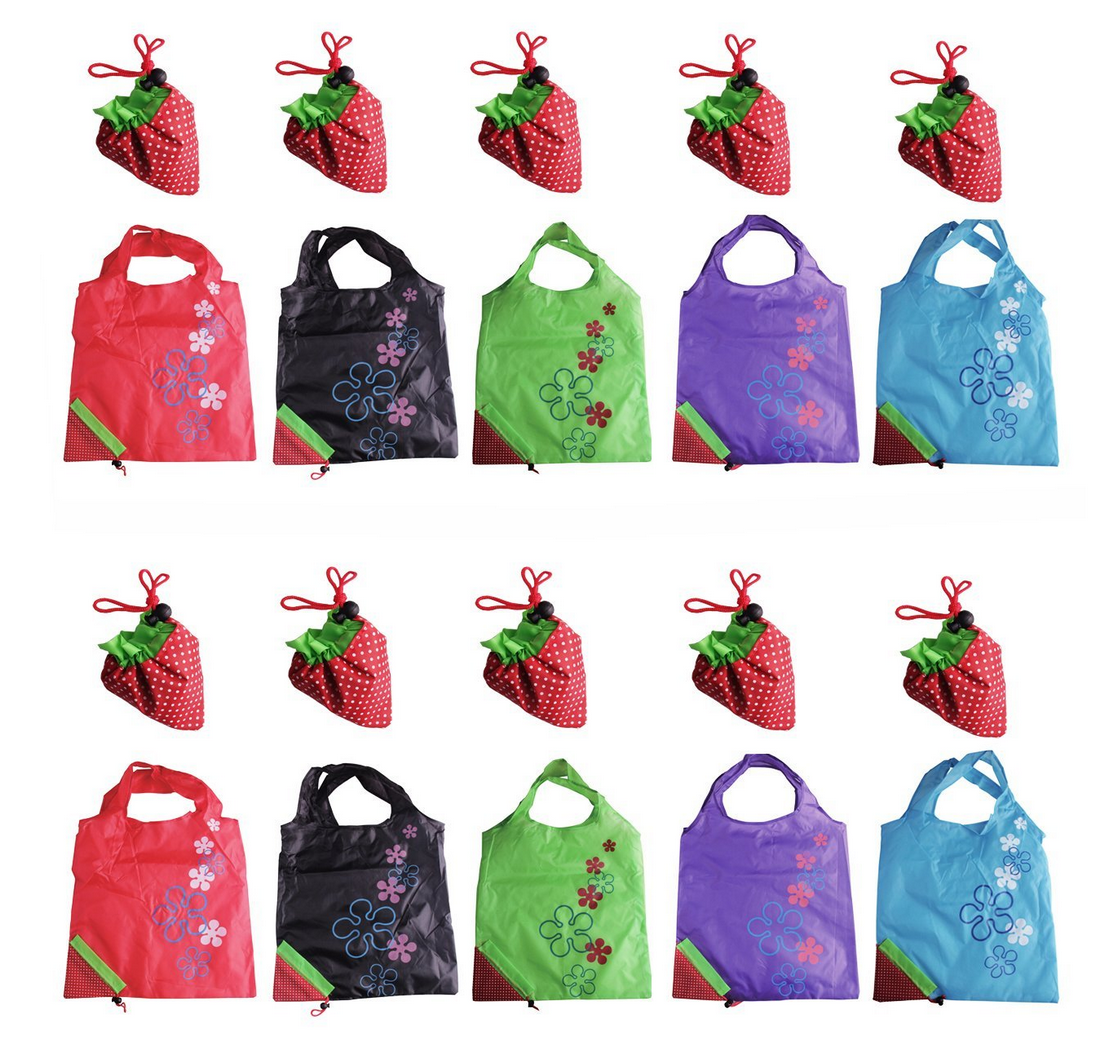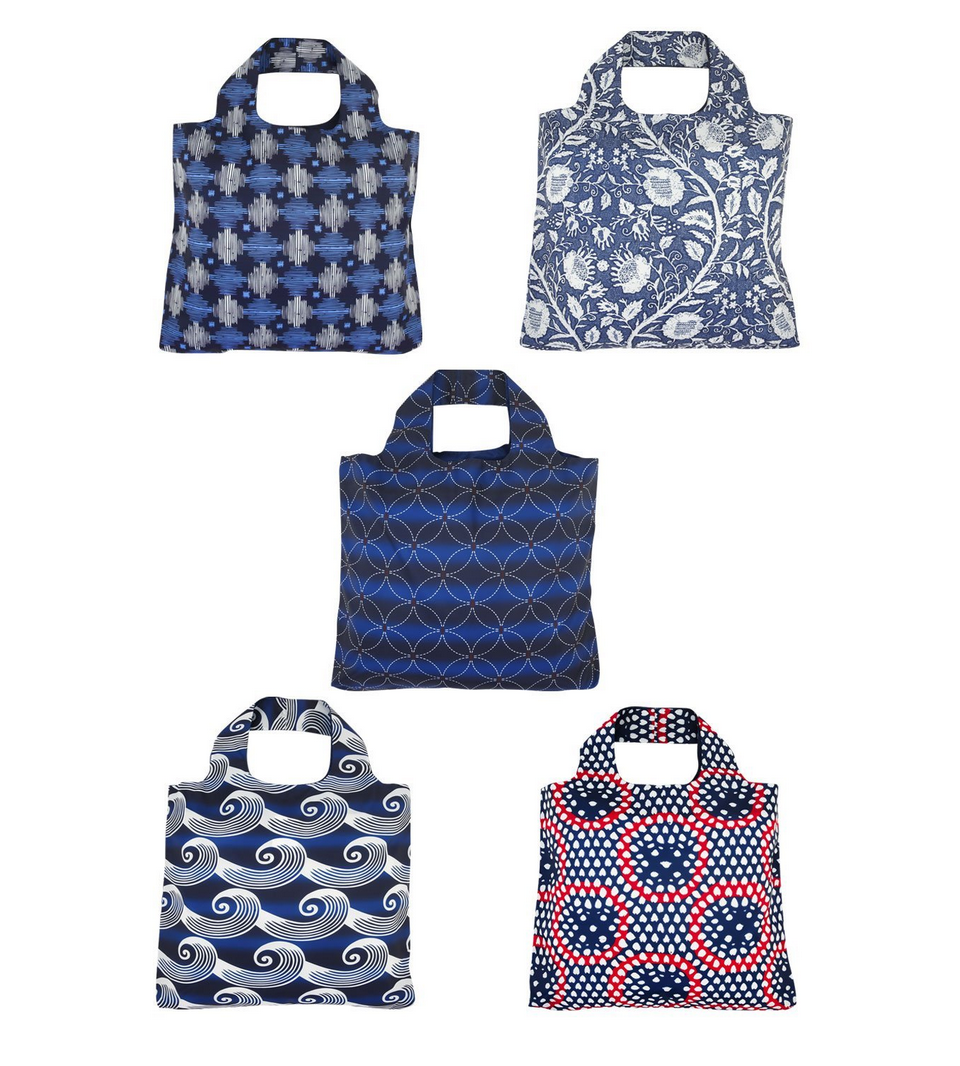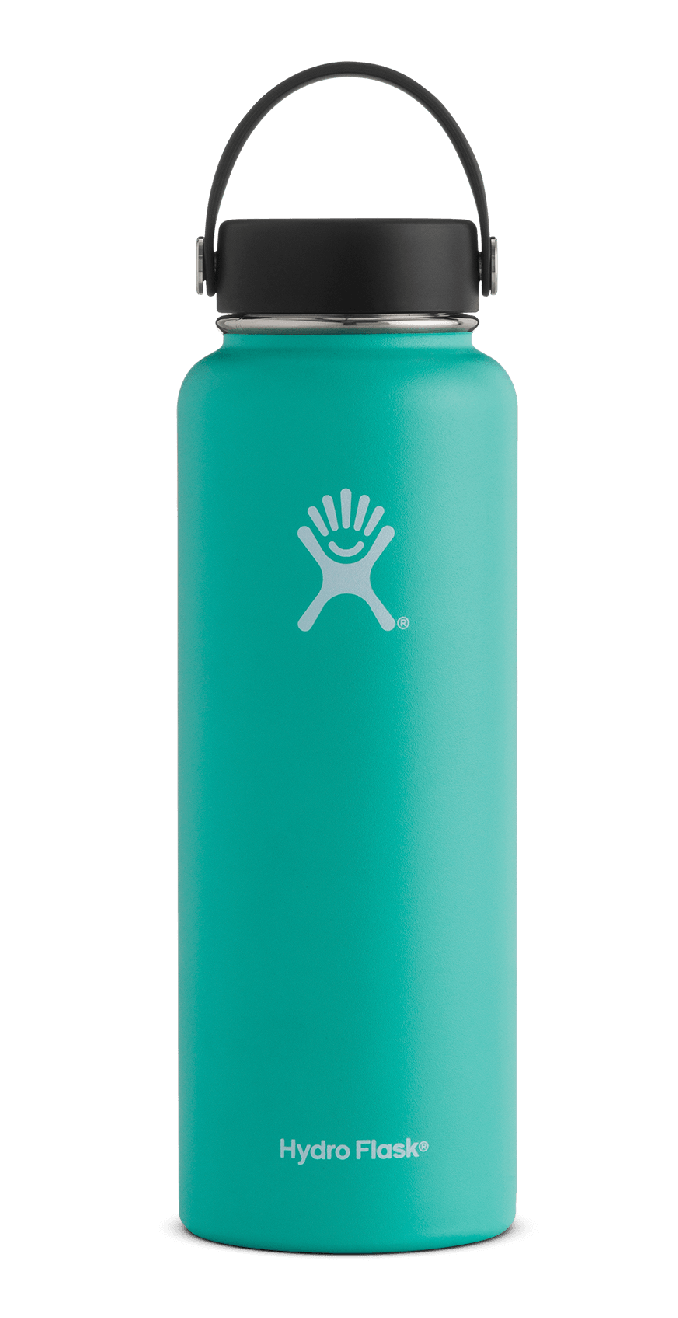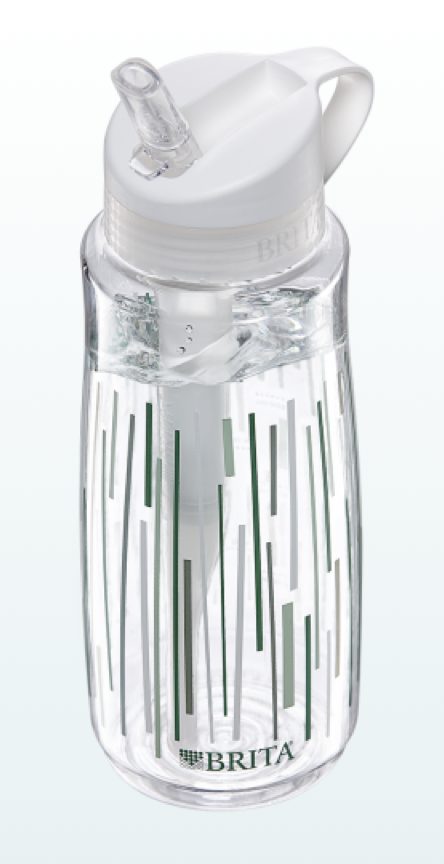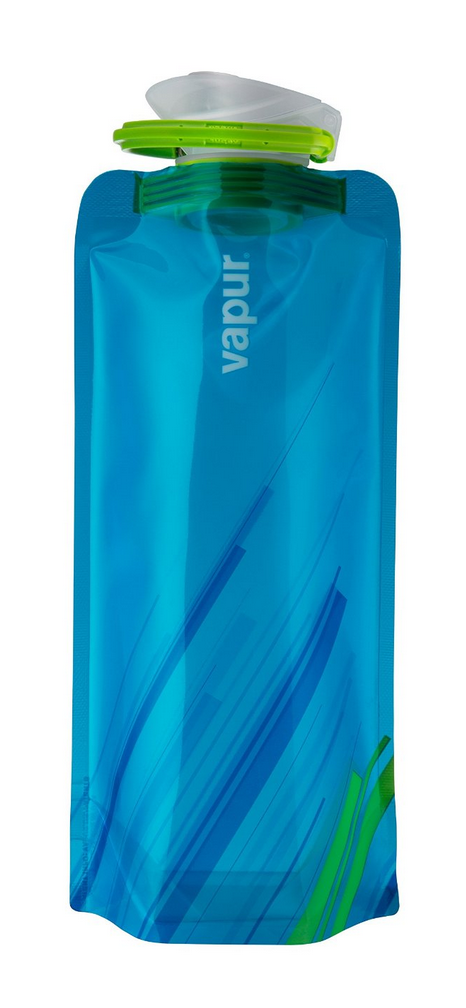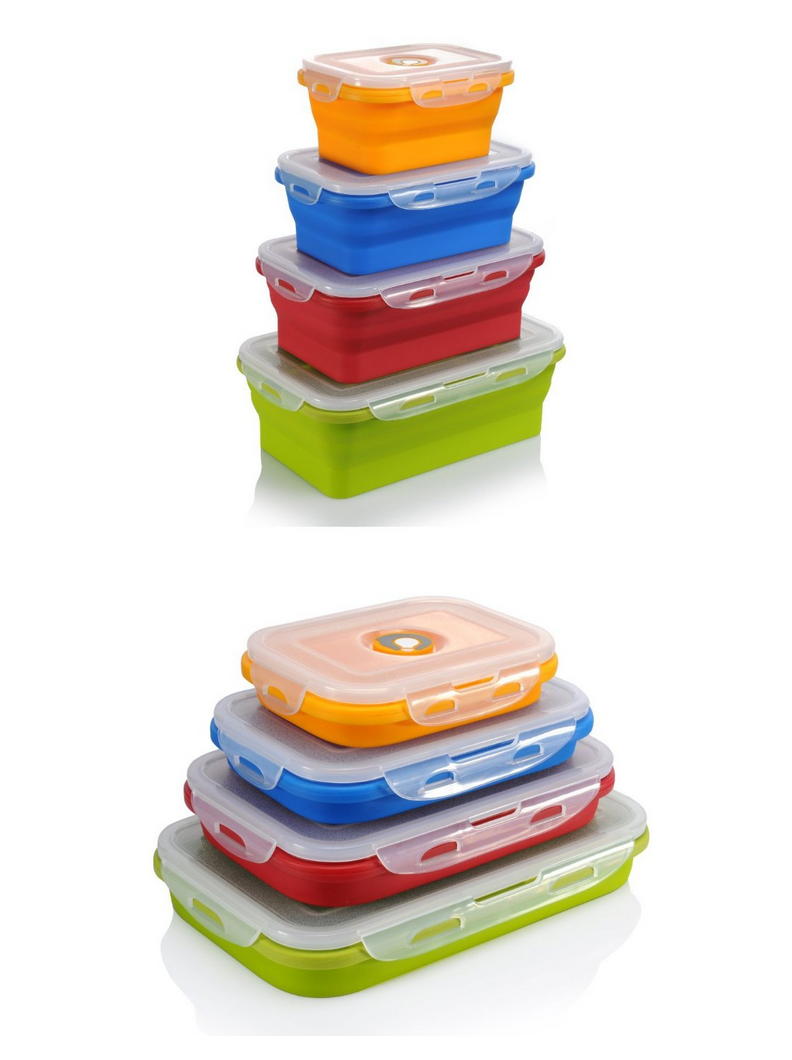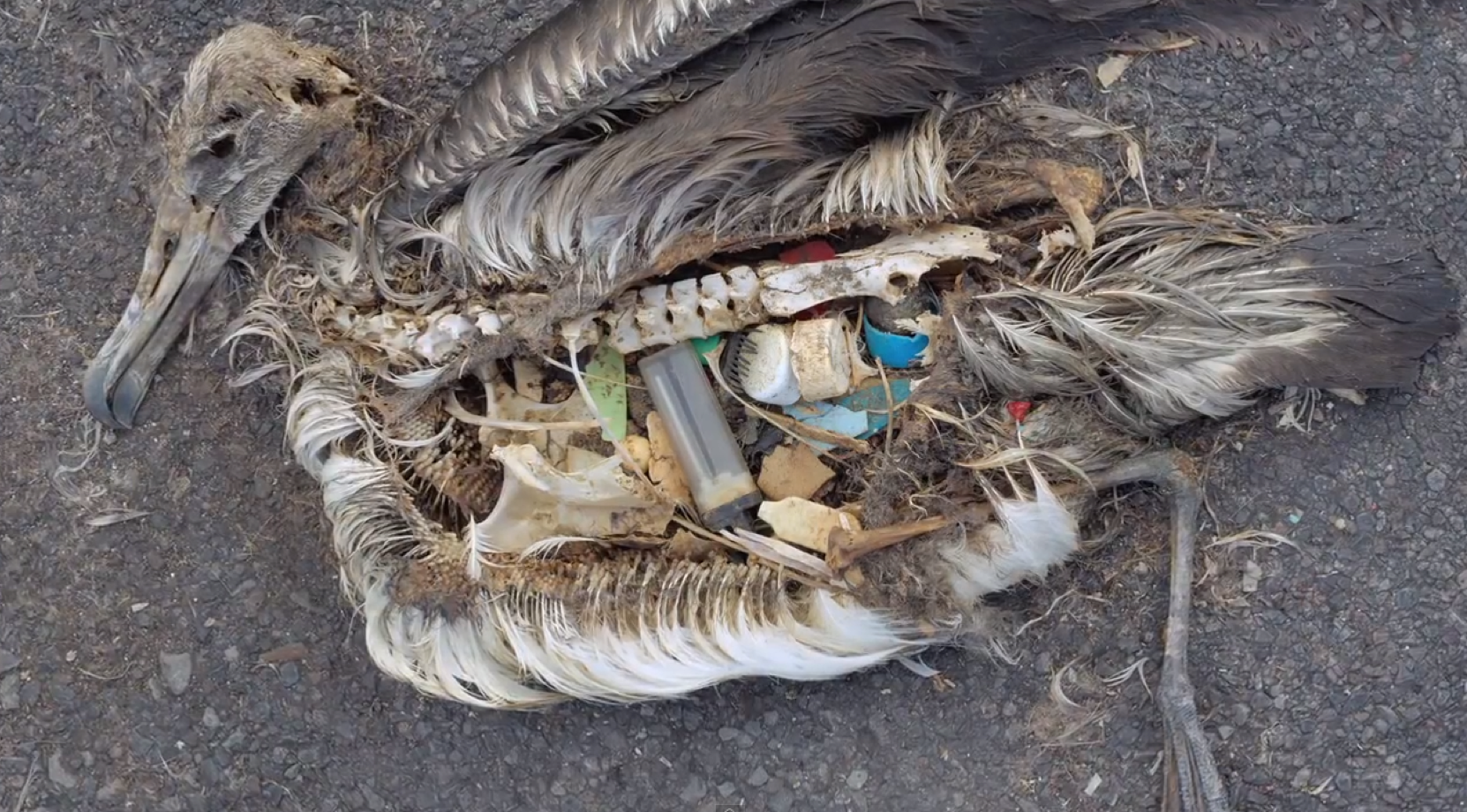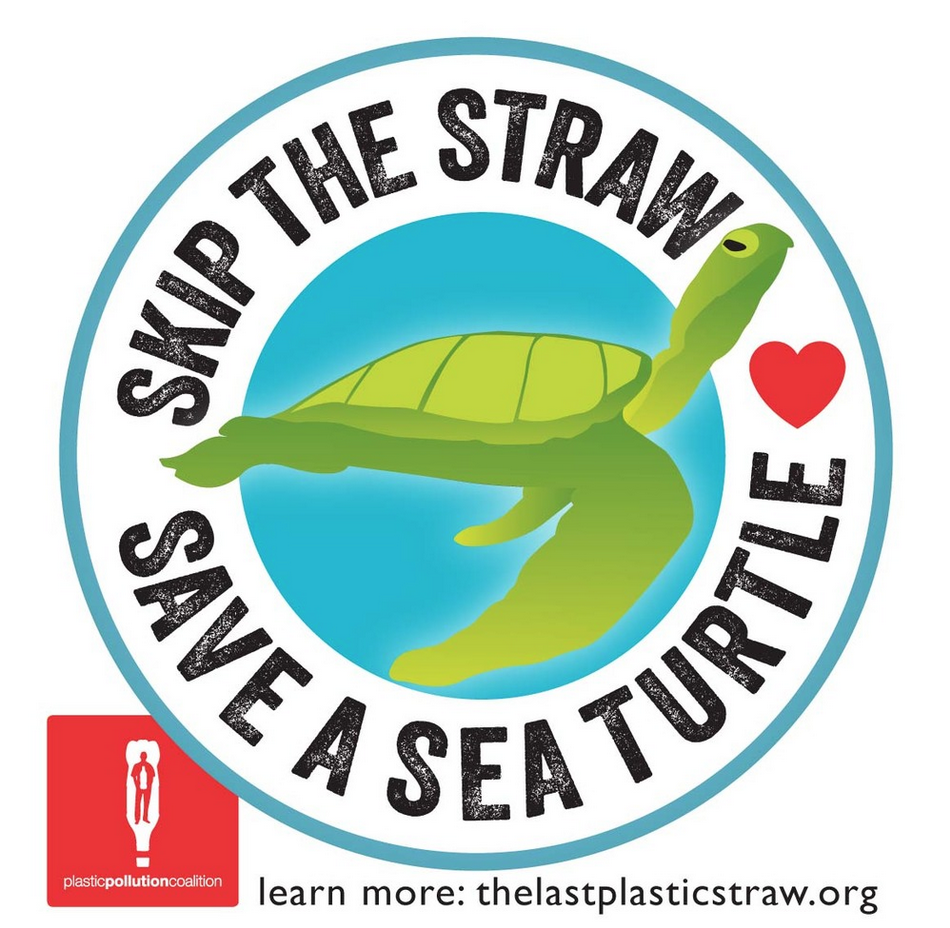Top 5 Tips Before You Visit Roatan
Congratulations, you’re almost on your way to our beautiful island! As a responsible tourism operator, we endeavor to keep Roatan as beautiful as when we first got here. You can help!
With Go Blue Bay Islands’ help, we’ve put together our Top 5 Tips before you visit Roatan.
Congratulations, you’re almost on your way to our beautiful island! As a responsible tourism operator, we endeavor to keep Roatan as beautiful as when we first got here. You can help!
With Go Blue Bay Islands’ help, we’ve put together our Top 5 Tips before your arrival:
Support the Roatan Marine Park
The Roatan Marine Park operates with the support of grants and donations, so if you are enjoying our beautiful reef, you should certainly help support the work that the RMP does. We sell $10 yearly bracelets at our dive centers, or you can purchase a bracelet directly from the Roatan Marine Park stores in West End and West Bay. The RMP stores also sell RMP clothing, jewelry, chocolate, hot sauces and jams made by the local community, so there are plenty of cool gifts to take home. The proceeds of these bracelets and purchases help maintain dive moorings and run patrols to protect the local wildlife from poachers.
Want to do something even more special? Follow in the footsteps of some of our guests and purchase a dive site! The Roatan Marine Park is a registered 501(c)(3), and you can purchase a dive site starting at $1000 that you can name yourself. Roatan Divers’ staff and guests have purchased the following sites: Saaya’s, Gerri’s Gem, Liam’s Lair, Tortuga Terrace, Free Gordon Tour, Kristi’s Cove and Uncle Jim’s Pool. Let’s get even more sites in 2019!
Keep your sunscreen and bug spray reef-safe
In recent years, studies have shown that certain components of sunscreen and bug spray are harmful to the reef, particularly oxybenzone in sunscreen and DEET in bug spray. And if it’s not good for the reef, it’s probably not good for your body, either! Make sure that your sunscreen is reef-safe by purchasing those that contain physical protection instead of chemical, looking for ones that contain zinc- or aluminum-oxide. For bug spray, find sprays that contain essential oils like citronella and tea tree, which will both protect against bites and soothe existing ones.
Want to support the local community? We sell locally sourced and produced sunscreens and bug spray by Aegis! Aegis also sells toothpaste, soap, lip balm and even kombucha, all locally made and in reusable and refillable containers, so they have you covered for most of your island needs.
Eat Responsibly
Just because you want to eat something doesn’t mean you should. Before you visit anywhere, you should research what’s green-listed and what’s red-listed on the menu. Figure out what’s caught sustainably, and more importantly, legally! Green-listed seafood on Roatan include locally caught lionfish, tuna, wahoo and mahi-mahi, while yellow- and red-listed items include lobster, conch, grouper, snapper, and definitely shark and turtle. Worldwide, shrimp is also a red-listed food because of its unsustainable fishing techniques, so as much as we all love coconut shrimp and shrimp scampi, you should try and stick with the sustainable options wherever you are.
On land, avoid iguana. Sure, they may be on some menus, but that doesn’t mean you should order it! Iguana is protected on the island, but restaurants will supply when there is a demand, so it’s up to the consumer to do the right thing.
Buy Responsibly
While we’re on the topic of responsible consumption, let’s also discuss responsible, sustainable souvenir shopping! Just because someone tries to sell you a conch shell on the beach does not mean it’s legal or wise. It is illegal to take shells out of the marine park, so conch shells and even shells that you pick up on the beach cannot be taken off the island. These shells provide homes for marine animals and eventually turn into sand, so taking these shells out will have a massive impact on the environment.
Responsible souvenir ideas that benefit the Honduran community include locally made honey and Roatan Marine Park swag (all available at the RMP shops in West End, West Bay and the cruise ship ports), Aegis items, chocolate from Mayak Chocolate and Honduran coffee. Or make a donation to a local organization, like the Roatan Marine Park, SOL International Foundation, Roatan Animal Support or Roatan Operation Animal Rescue, in someone’s name! You’ll feel good giving these gifts knowing that it’s a gift that gives several times over.
Bring Reusable Containers and Bags
There is already too much plastic going into our waterways, so let’s work together to lessen the impact! While we have reusable containers, bags and cutlery available at the dive center for our guests, it’s also good to bring your own reusable water bottles, bags, and containers for takeaway food or leftovers. Most hotels and condos will have 5 gallon refillable water bottles that you can take water from, so buying loads of small, disposable bottles just isn’t necessary. A lot of restaurants are moving to paper takeaway containers, but the less trash there is, the better, so it’s still good to bring your own!
Learn more about our top 5 tips to live more eco-friendly here so that you can live responsibly on vacation and at home.
Bonus Tip: Support other local causes
Roatan may be a wonderful island community, but as with all communities, there are under-served demographics. If you have space in your bag, consider bringing medical or dental supplies, donations for vet clinics and animal charities, or school supplies like pencils and notebooks. We are fortunate to have a community that cares, but we could always use extra hands and hearts!
Thank you to Go Blue Bay Islands for their work to make the Bay Islands a model in responsible tourism. They work incredibly hard to help businesses become more environmentally aware, and we are grateful for their continued support of the community. Make sure to learn more about Go Blue Bay Islands and support other responsible business operators in the area.
How To Make a Difference This World Oceans Day
Every year on June 8th, the world gets together to celebrate World Oceans Day. Today, we'd like to discuss 3 big issues facing the planet this World Oceans Day, and easy ways that you can make a difference.
Every year on June 8th, the world gets together to celebrate World Oceans Day. Each year, World Oceans Day has a different focus based on the biggest issue plaguing the world's oceans that year. It should be no surprise, then, that plastic pollution is the action focus of World Oceans Day 2018.
However, while plastic pollution may be at the top of the list for this year's World Oceans Day, this doesn't mean we should disregard other pressing issues that our planet is facing. We now have more information and technology at our fingertips than ever before, and ignorance about our impact on the planet is no longer an excuse. Awareness is the first step to making progress, so today we'd like to discuss 3 big issues facing the planet this World Oceans Day, and easy ways that you can make a difference.
PLASTIC
RD Divemaster trainees after a beach clean-up
In line with the World Oceans Day 2018 focus, let's talk about plastic pollution first. Billions of pieces of disposable plastic go into the world's waterways every day, none of which are biodegradable. Animals ingest these plastics or get wrapped up in them, and thousands of animals die every year because of plastic in their stomachs or wrapped around their necks.
HOW TO MAKE A DIFFERENCE:
So what can you do to help? Say no to disposable plastics! Keep a reusable bag with you at all times, have a refillable water bottle, bring your own takeaway container to restaurants and carry reusable utensils (especially straws!) on you. If you can cut down on your disposable plastic use by even one time a day, that's 365 pieces of disposable plastic per person that doesn't go into the ocean!
For more information on how to lessen your disposable plastic consumption, check out our handy guide for 5 easy ways to live more eco-friendly.
SUNSCREEN
Sunscreen is also a big issue facing our world's oceans. Most sunscreens these days contain chemicals that have been found to be harmful to the reef, especially oxybenzone, which can cause a slower growth rate and deformities to coral even in minute concentrations. And if it's that bad for the coral, imagine how it for your body!
HOW TO MAKE A DIFFERENCE:
While it takes a little research, you'd be surprised how many good sunscreen options there are out there! Pick a sunscreen that contains a physical barrier against UV rays, like zinc oxide or titanium oxide, rather than a chemical barrier. To take even better care of your body, find a sunscreen that also contains natural oils, many of which contain their own SPF values. Support your community by buying locally sourced and made products - on Roatan, a very good option is Aegis Sol-Screen, which boasts an SPF of 30 (and smells yummy, too!).
OVER-FISHING
The increase in demand for fish, copious amounts of food waste and harmful fishing practices has led to a population crisis in our waters. The sheer amount of bycatch that comes with trawling, commercial fishing's most common practice, has decimated many fish and coral populations around the world. Fish farming is no better, with the high concentration of fish in a small environment polluting surrounding waters.
HOW TO MAKE A DIFFERENCE:
To decrease your environmental impact while also still getting your seafood fill, make sure to make pick seafood options that are sustainable and in season wherever you go. Most places will have a responsible seafood guide available so you can see what's green-, yellow- and red-listed, so stick with those guidelines. Support restaurants and businesses that provide green-listed options, and remember that quality trumps quantity!
Show our world's oceans some love this day and every day, and make the active choice to make small but meaningful changes for a better future.
Happy World Oceans Day!
5 Cool Facts about Turtles for World Turtle Day
Happy World Turtle Day!
Let's face it, who doesn't like turtles? That's probably what gets requested the most from our divers, and with a well-protected marine park, it's very easy to deliver. Turtles are interesting animals, with personalities and fun quirks, so what are 5 Cool Facts that you should know about turtles today?
Happy World Turtle Day!
Let's face it, who doesn't like turtles? That's probably what gets requested the most from our divers, and with a well-protected marine park, it's very easy to deliver. Turtles are interesting animals, with personalities and fun quirks, so what are 5 Cool Facts that you should know about turtles today?
Fact 1. The green turtle has green insides
You may have noticed that green turtles are not particularly greener than any other turtle species. In fact, when they're babies, they're black! The green turtle is actually named that because the layer between its organs and its shell is green, not because its shell is.
Fact 2. Turtle shells are part of them
Unlike tortoises, turtle shells are not a separate piece of material covering their backs. Their shells are their backs. That's why if they get shell injuries, it can be life threatening, because it's basically the same as a human getting a wound on their backs.
Just keep swimming!
Fact 3. Baby turtles swim for 4 days straight after they're born
When we were diving in the Bonin Islands of Japan, we visited a turtle sanctuary that's done some phenomenal work in the area. We got lucky and went there after a group of hatchlings were born 3 days earlier. Inside their swimming pool, they just kept swimming...and swimming...and swimming. Baby turtles are hardwired to swim for days into open ocean before they find floating seaweed or something to rest on, so these little guys just kept swimming in circles for the first few days after they were born.
Fact 4. Only 1% of turtles make it to sexual maturity
Crazy! Out of all the turtles born all over the world, only 1% will survive to reach sexual maturity. The majority of turtle babies never make it past the beach on their first day alive. This is why it's so important to protect the turtles that we have left, because human interference and consumption has not made things easier for these guys. Although many turtles species are now protected, boat activity, trawling and hunting are decimating turtles numbers around the world. For a population that already struggles to survive, it's a severe blow.
Fact 5. Hawksbill shells are still being exploited
Classified as Critically Endangered by the World Wildlife Fund, Hawksbill turtle shells are most threatened by the illegal wildlife trade. Their brown and yellow patterned shells commonly referred to as "tortoiseshell" are extremely popular and can sell for a high price. While most tortoiseshell products are now made out of synthetic materials, there is still a startling amount of illegal trade of their shells and products. To ensure you are buying the fake tortoiseshell from the real ones, we suggest you consider the price, is the vendor reputable and most of all the detailing on the object. Real tortoise shell is hand carved so it will have small imperfections along with a higher price tag.
Show your turtle love!
For all the turtle lovers out there, here's a few ways we can be heroes to these adorable reptiles on World Turtle Day:
Reject Turtle Products - Turtles are critically endangered all over the world, exploited for their shells and their meat. As long as a demand exists, so will a supply, so make sure to avoid purchasing turtle products wherever in the world you go.
Use Reusable Bags - Plastic bags floating in the ocean look almost identical to one of their favorite foods, jellyfish and turtles mistakenly ingest it. Add this to the long list of reasons of why reusable bags should be a part of your daily living!
Respect Turtles in their Natural Habitat - Whether you're diving or snorkeling in the Bay Islands, it's illegal to touch, chase, harass or ride them. Also if you're lucky enough to be near a beach area where turtles lay eggs, it's critical to keep a safe distance from hatchlings and be mindful not to confuse the younglings with any artificial light like camera flashes at night. Keeping a safe distance helps ensure that turtles & many other marine animals are not harmed as a result of human interaction.
Resist Disposable Utensils - From plastic straws, forks, spoons and knifes and more, the volume of plastic debris that ends up in the ocean is staggering. Sea turtles and many other marine animals ingest it, causing blockages in their digestive track. Turtles fights to expel these foreign objects, as seen in the infamous turtle straw removal video, but ultimately many cannot, leading to death.
To learn more, check out our 5 easy ways to live more eco friendly.
A Case Against Disposable Utensils
Did you know that 8 million metric tons of plastic is dumped in the ocean every year? To give you a reference, 1 metric ton is 2204.62 pounds. 8 million metric pounds is 17 billion-637 million-200 thousand pounds. 17,637,200,000. That.is.bananas.
We've spent a lot of time discussing ways to reduce our use of disposable containers, bags and plastic bottles, but we haven't gotten that much into disposal utensils. Now is as good a time as any, right?
Photo courtesy of Earth Touch News Network http://www.earthtouchnews.com/
Did you know that 8 million metric tons of plastic is dumped in the ocean every year? To give you a reference, 1 metric ton is 2204.62 pounds. 8 million metric pounds is 17 billion-637 million-200 thousand pounds. 17,637,200,000. That.is.bananas.
Most places in the world don't have the proper tools or systems to dispose of plastics or to even recycle them, so they inevitably end up in the world's water systems. Rivers, lakes, oceans - you name it, they're there. These plastics eventually end up inside marine animals, where they slowly kill them. It's torturous and an indignity, and it's even sadder because their deaths are easily avoidable.
Easily avoidable, you say?
Yes, it's easy to help lessen our environmental impact on the environment, but starting with yourself. Just like we encourage using reusable containers, bags and water bottles in lieu of styrofoam and disposable plastics, we encourage you to join the fight against plastic utensils by just saying no.
Most restaurants will automatically bring out a straw for you because it's second nature to them now, so all you have to do when you order a drink is to ask for no straw. If you go to a takeaway store armed with your own containers, take your own reusable utensils as well. Let's be honest, plastic picnic forks and spoons aren't exactly the most convenient to eat with anyways, so having your own normal sized utensils would actually be a benefit.
Saying no to straws and plastic utensils won't negatively affect your life in any way, but it will positively affect the environment in a big way. Remember, every little bit counts, so start making small, mindful changes in your every day life, and the planet will thank you!
Roatan Divers Goes Greener: Rental Reusable Containers
While we have worked to minimize our water consumption and increase environmental awareness this season, we will be enacting some bigger initiatives to go even greener for next season. First up: reusable containers for rent!
As divers, it's our responsibility to approach our business and life from a conservation-minded standpoint. After joining Go Blue Central America this year, we were inspired to create a more positive impact on the environment and support sustainability. While we have worked to minimize our water consumption and increase environmental awareness this season, we will be enacting some bigger initiatives to go even greener for next season.
One idea we have for next season is to have a supply of reusable containers available for guests to rent so that we can minimize styrofoam consumption. If you know you're going to go get takeaway food for lunch or want to bring your own lunch to the dive center, you can rent takeaway containers from us, and return them when you're done.
The reusable containers will be microwavable. If you're getting takeaway food for breakfast, you can take a container home the night before, or just grab one before you go get lunch. You can rent the boxes for a day or for your entire stay, it's totally up to you! We only ask that you return the boxes clean and in the same condition that you got them. We'll have a sign-in sheet to keep track of how many boxes and bags you have so that we get the same number back at the end of your use.
We're looking into the 28 to 32 oz range for optimal food storage! [boxes by Simple Houseware]
It will be a $5 deposit to rent and you can use the items as many times as you want. If you break it, you buy it (we keep the $5), but if you return it unscathed and clean, you'll get your $5 deposit back. Not bad, right?
We hope you're as keen on this new initiative as we are! Every little bit helps, and having a more compact container is certainly easier than those big, ungainly styrofoam containers, and there's less spillage to worry about, too! We hope all of you will support our new initiatives and help Roatan Divers go green!
5 Easy Ways to Live More Eco Friendly
Living a more eco friendly life doesn't mean you have to change to entirely hemp clothing and only bathe with rainwater. There are a lot of small, yet mindful changes that you can incorporate into your current lifestyle that can have a big effect on the future, so let's discuss some easy ways to live more eco friendly.
We humans consume and dispose of far too much. This much is clear. Now is the time to take a stand to reduce our impact on this beautiful planet of ours in order to preserve it for generations to come. It's a tall task, for sure, but if we face it collectively and each take the time to do our small part, we will, if nothing else, slow down the negative impact we are having on the environment.
Living a more eco friendly life doesn't mean you have to change to entirely hemp clothing and only bathe with rainwater. There are a lot of small, yet mindful changes that you can incorporate into your current lifestyle that can have a big effect on the future, so let's discuss some easy ways to live more eco friendly.
1. Carry reusable bags
A lot of grocery stores have stopped offering disposable plastic bags and are working to encourage bringing your own bags or purchasing their reusable ones. This is a great step in the right direction, and hopefully more governments and stores will start offering and enforcing this as well. At Eldon's Supermarket on Roatan, you can purchase their reusable bags (we currently have about 30 because we went through a period of time where we kept forgetting to bring our own bags and they are actually wildly useful) or request a box in lieu of plastic bags, which is also an easy way for them to get rid of all the boxes that their produce arrived in.
Now, no matter where in the world I'm at, I always make sure to keep at least one reusable bag with me (at home, it's for groceries, on holiday it's for unnecessary window shopping!). There are all sorts of fun styles available these days that are incredibly space efficient, and they often are easier to carry than disposable plastic bags because you can actually carry them on your shoulder. If I'm just buying one thing that I can just throw into my bag, I'll forgo using a bag altogether.
2. Your new life partner is a water bottle
Constantly buying bottles of water is both wasteful and expensive. Buy a water bottle that you can use for a long time and refill as you go with tap water (if it's safe to drink), filtered water (you can keep a Brita in your fridge) or from a water fountain. You can get different styles to match whatever your type is. There are some great foldable (or are they rollable?) water bottles out there that are super space efficient when they're empty, insulated stainless steel bottles so that you don't get the dreaded "sweating", and even water bottles with filters in them. A good water bottle will cost you between $20 and $40 and can last you years, and if you use it 10 or 20 times in lieu of buying bottled water, you've already broken even! And before you get all self-righteous about only being able to drink Swiss mountain water spiked with angels' tears, let me remind you that Dasani is just glorified tap water.
3. Say "no" to styrofoam
Is it weird that I go to my favorite restaurants with tupperware in tow? Maybe, but I get to go home with a box full of goodies, a clean conscience, and the restaurant doesn't have to waste a container on me! Win-win-win, guys. I obviously don't take tupperware to every single restaurant we go to, but if I know they have big portions and I know for a fact that I will be taking food home, then it's pretty easy to just bring along a box. Container technology has come quite far, so there are a lot of foldable silicone styles out there that will flatten when empty so you don't have to cart around bulky containers everywhere.
An even greater upside to using containers is that you don't have that awkward spillage that happens when you carry the styrofoam box funny and all the sauces spill out. So many wins!
4. No straws for you!
In the United States alone, we use and dispose of 500 million straws a day. That is insanity. Madness. Straws and other small plastic items aren't contained very easily and will inevitably end up in our oceans, where they will be consumed by marine animals, and even sometimes get lodged in their body parts (remember the video of the turtle with a straw painfully stuck in its nose?). All it takes is the very simple request of "no straw, please", and you can help prevent the death of turtles, dolphins and sea birds. You can do eet!
5. Be mindful
Becoming more eco conscious and lowering your waste all comes down to mindfulness. There are so many things you can do to help the planet, and most of it takes little to no effort. Take that extra second to pack a fork with your lunch. Be okay that it will take an extra few seconds to wash your resuable container. Learn to live with the extra ounce that your resuable bag will weigh. It doesn't take much effort on your part, but if everyone in the world took a little more effort, it would make an enormous impact on the planet, and our future.
So there we are, our five easy ways to live a more eco friendly life. We have very little time and a long way to go to reverse our detrimental impact on the planet, but I believe that if everyone plays a small part it in, we can create an enormous movement.




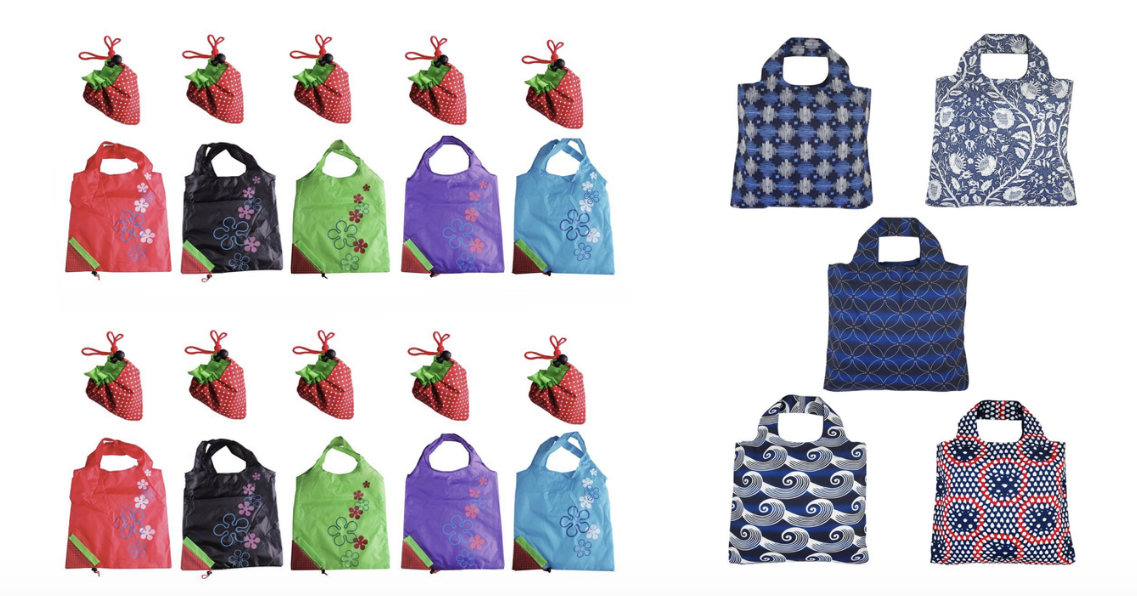












![We're looking into the 28 to 32 oz range for optimal food storage! [boxes by Simple Houseware]](https://images.squarespace-cdn.com/content/v1/5596959de4b0f75fd296dbe4/1473699598206-LUV962B5G0TWDS5753IU/Eco+friendly+Roatan+Divers)
